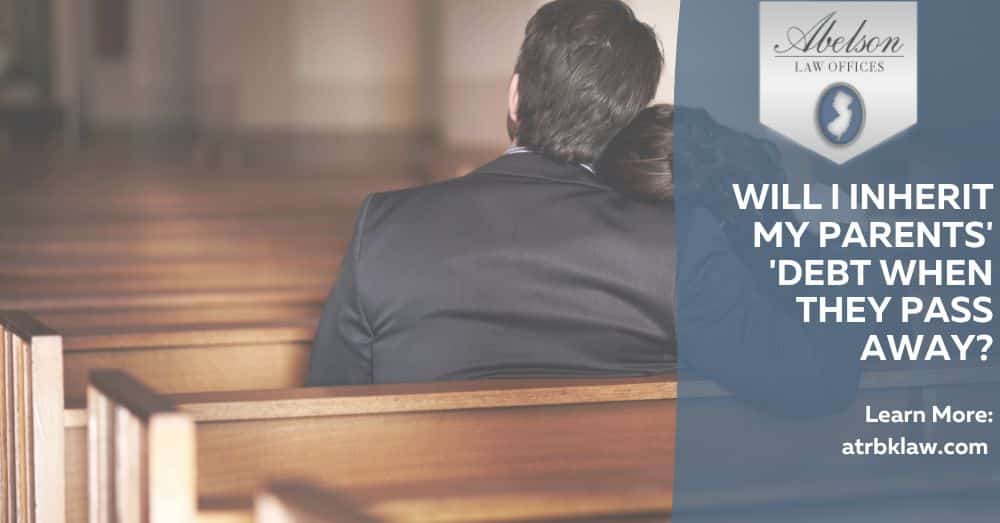When a person dies, their assets are passed on to their heirs. This includes both their property and their debts. However, there are some debts that heirs will not inherit.
In general, heirs will not inherit their parents’ unsecured debts, such as credit card debt, medical bills, and personal loans. These debts are considered to be the personal responsibility of the deceased person, and they will not be passed on to their heirs.
However, heirs may be responsible for their parents’ secured debts, such as car loans and mortgages. These debts are secured by assets, such as a car or a house. If the heir does not want to take on the responsibility of these debts, they can usually sell the asset to pay off the debt.
In some cases, heirs may also be responsible for their parents’ taxes. If the deceased person owed taxes, the IRS may come after their heirs for payment. However, there are some exceptions to this rule. For example, if the heir can prove that they did not benefit from the deceased person’s assets, they may not be responsible for the taxes.
If you are concerned about inheriting your parents’ debt, you should talk to an attorney. An attorney can help you understand your rights and options.
Here are some additional things to keep in mind:
If your parents have a will, it will specify who their assets are to be passed on to. If they do not have a will, their assets will be passed on according to the laws of intestacy in your state. In New Jersey, you can find the laws of inestacy here.
You may be able to negotiate with creditors to reduce or eliminate your parents’ debt.
You may be able to file for bankruptcy to discharge your parents’ debt. However, this can have negative consequences on your own credit.
If you are facing the possibility of inheriting your parents’ debt, it is important to seek legal advice to find out what your options are. An attorney can help you understand the options and protect your interests.
If you’re in New Jersey, find an experienced attorney near your location.




